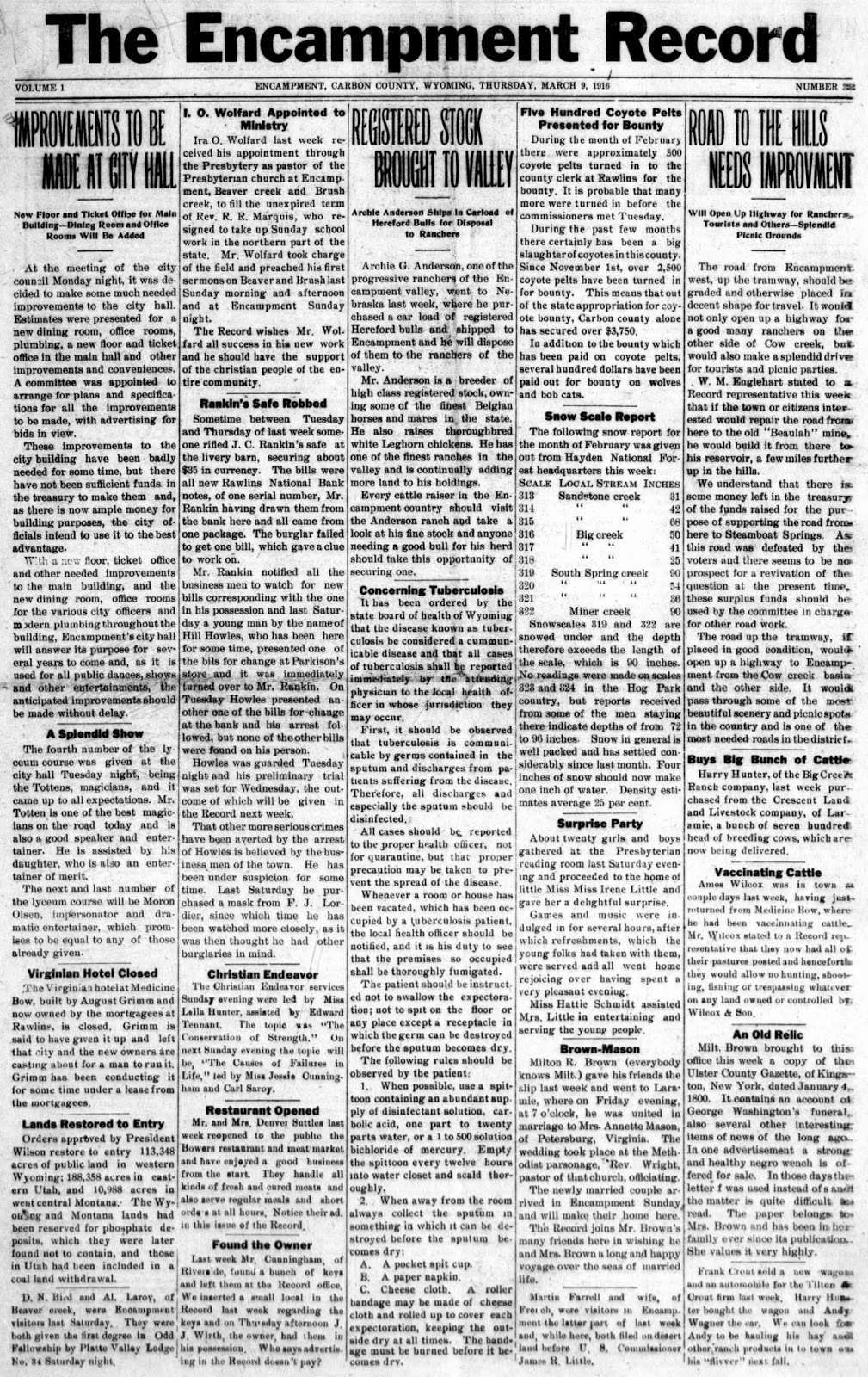Theodore Roosevelt in 1911.
I come here to Michigan because in the primary for the selection of
delegates to the republican national convention, Mr. Ford was
victorious, and following on his victory here, he showed a marked
popular strength in Nebraska and Pennsylvania.
The effect of this showing has been immediately visible upon many of
the politicians within and without congress. One of the leading
anti-preparedness, or peace-at-any-price papers in New York recently
commented with great satisfaction upon the defeat in the lower house of
congress of the proposal to increase our regular army to 250,000 men.
This situation makes it advisable to speak with courtesy but with
entire frankness of what the success of Mr. Ford means, and is taken to
mean. It is in Michigan, Mr. Ford's own state, where the Ford movement
began that I wish to say what I have to say on the subject.
For Mr. Ford personally, I feel not merely friendliness, but in many
respects a very genuine admiration. There is much in the methods and
very much in the purposes, with which he has conducted his business,
notably in his relations to his working people that commands my hearty
sympathy and respect.
Moreover, there is always something attractive to an American in the
career of a man who has raised himself from the industrial ranks until
he is one of the captains of industry.
But all that I have thus said, can with truth be said of many,
perhaps of most of the tories of the revolutionary war and of many or
most of the pacifists of the civil war, the extremists among whom were
popularly known as copperheads.
Many of these tories and civil war pacifists were men of fine
character and upright purpose, who sincerely believed in the cause they
advocated.
These pacifists who formed so large a proportion of the old-time
tories and copperheads abhorred and denounced in the militarism of
Washington in 1776 and of Lincoln in 1861. They were against all war and
all preparedness for war.
In the revolutionary contest they insisted that Washington was the embodiment of anarchic militarism.
Their purpose was to get the 'boys' of Bunker Hill and Valley Forge
'out of the trenches' and bring them back to their homes and make them
quit fighting.
In 1864 they denounced Lincoln as a military dictator. They praised
peace as the greatest of all earthly blessings. They demanded that the
war should cease, and they wished to get the 'boys' of the Army of the
Potomac 'out of the trenches' before Christmas and bring them back to
the farm, the shop, and the counting house.
If these pacifists of the revolution and the civil war had had their
way, they would have put an immediate stop to much suffering and much
loss of life.
And unwittingly they would have utterly ruined this nation. They
would have prevented its being a nation. They would have made the
countrymen of Washington and the countrymen of Lincoln objects of scorn
and derision, and they would have made of this great republic a hissing
and a byword among the nations of the earth.
This is what these good well-meaning pacifists of those days would
have done if they had achieved their purpose. This is what the pacifists
of our day, the neo-tories, the neo-copperheads, will do if they
achieve their purpose.
Either we must surrender our rights, and at the same time our
self-respect, or we else we must be ready to defend our rights with a
hand trained to exercise the weapons of free men, and with a heart
steeled to that stern courage for the lack of which the possession of
the softer virtures can never atone.
Such is the issue. It is as clear cut in this year 1916 as it was in
1861 or 1776. In the history of this country this is the third great
crisis and it coincides with a tremendous world crisis.
This issue is: are we prepared with a sane and lofty idealism to fit
ourselves to render great service to mankind by rendering ourselves fit
for our own service, or are we content to avoid effort and labor in the
present by preparing to tread the path that China has trodden?
We must choose one course or the other. We shall gain nothing by making believe that we can avoid choosing either course.
In any serious crisis there are always men who try to carry water on
both shoulders. These man try to escape the hard necessity of choice
between two necessary opposite alternatives, by trying to work up some
compromise.
But there come great crises when compromise is either impossible or fatal. This is one of those crises.
There is no use in saying that we will fit ourselves to defend
ourselves a little, but not much. Such a position is equivalent to
announcing that, if necessary, we shall hit, but that we shall only hit
soft.
The only right principle is to avoid hitting if that is possible to do so, but never under any circumstances to hit soft.
To go to war a little, but not much, is the one absolutely certain way to insure disaster.
To prepare a little but not much stands on a par with a city
developing a fire department which, after a fire occurs, can put it out a
little, but not much.
We, through our representatives at Washington, have absolutely
refused in the smallest degree to prepare during these twenty-two months
of world cataclysm.
We first hysterically announced we were afraid that preparedness might make us lose our vantage ground as a peace-loving people.
Then we became frightened and announced loudly that we ought to
prepare; that the world was on fire, that our national structure was in
danger of catching flame; and that we must immediately make ready.
Then we turned another somersault and abandoned all talk of preparedness; and we never did anything more than talk.
The net result is that there has been no preparation so far, because
of what has happened in the great war. Congress is still in the
conversational stage on the matter.
The ultra-pacifists, as represented by Mr. Ford, have made their
great showing precisely because there has been no real and resolute
opposition to them.
There are, at this time, two great lessons before us both inseparably
bound together. They are the issue of Americanism and preparedness.
As a people we have to decide whether we are able and ready to take
care of ourselves; or whether we doubt our national unity and fear to
prepare, and intend instead to trust partly to elocutionary ability in
high places.
Those in power at Washington have taken the latter positions.
Mr. Ford's supporters in the primaries seemingly come chiefly from
three classes - the workingmen, who believe that he represents the
desire to do justice to them; the pacificists who think that a policy of
helplessness in the face of other nations will insure our national
safety, and the German-Americans, some of them in an honest and sincere
mood of protest, and others under the influence of that portion of the
professional German-Americans, who have permitted their devotion to
Germany finally to make them antagonistic to the welfare of the United
States.
As for the wage workers who support Mr. Ford, I understand entirely
their desire to support any man who, in their belief, stands for a more
substantial measure of social and industrial justice.
But I wish, with all the emphasis in my power, to call their
attention to the fact that in order for us to work within our own
borders for social and industrial justice, it is necessary to secure to
ourselves the power to determine these questions for ourselves.
It is of not the slightest consequence at this moment what the businessmen or the wage workers or the farmers of Belgium think should
be done in the way of industrial and agricultural development and
justice, because they have to do whatever the Germans tell them to do;
and they work and live as they are told by their conquerors.
In the same way it is of no consequence what the native Koreans at
the moment think should be done to raise themselves upward toward
civilization, because the determining factor in their future is the
Japanese attitude.




















